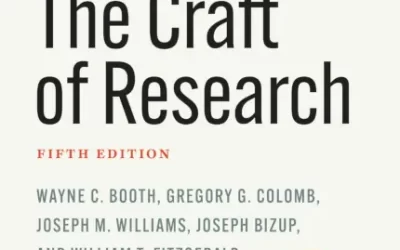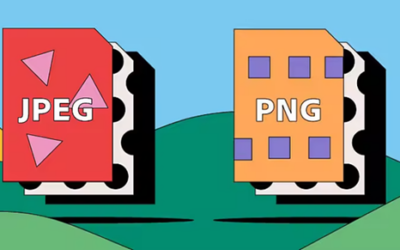Peer review has always been an important, behind-the scenes piece of the publication puzzle. An annual week to celebrate and explore its complexities is well deserved!
A couple of decades ago, academic and scientific peer review looked much different from today. Turnaround times were calculated by weeks and months rather than hours and days. Snail mail — and in the case of reviewers out of state or in another country, padded airmail envelopes – transported thick manuscripts, delicate photos and art, a reviewer form, and a cover letter to the desired peer reviewer with a kind request for a speedy review. And then we all waited.

As the means for communications progressed and policies changed with the use of email, databases, and websites, and then social media, vlogs, webinars, and more, so did the ways that peer review was managed. However, one thing has remained consistent: Our peers.
A peer, according to Merriam-Webster, is “one that is of equal standing with another,” and in the vast world of scientific publication, they are vital. Peer reviewers (and the Editors that manage the process) are usually authors, and authors are often also reviewers. We all need each other if we are to continue advancing academic, professional, and scientific findings in any field – but in what ways might the peer review process and policies continue to change?
This year’s Peer Review Week, to be held September 25-29, is a global event that celebrates this vital symbiosis between authors, editors, reviewers, and publishers. This year’s theme – “Peer Review and the Future of Publishing” – explores the abundant and sometimes complicated changes that continue in the world of peer review.
The live, online, and hybrid events during Peer Review Week, along with an extensive list of informative workshops and webinars, will feature expert guest speakers who explore such changes. These will include the evolving standards in terminology, best practices, various peer-review services and access options, and the ever-present debate about the challenges and benefits of open, closed, and transparent peer review. Additionally, blogs explore topics such as generative AI, and the overall future of publishing as it relates to peer review.
Would you like to learn about the Launch of the Peer Review Terminology Standard (September 26 at 10am CET), or about Training Peer Reviewers as a Form of Engagement (September 27 at 3pm ET)? How about exploring The Future of Peer Review: Diversification and Decentralization (September 28 at 10am ET), or Best Practices in Peer Review (September 28 at 3PM CEST)? Those are just a few of the events and activities in which you can participate. For more information and to register for the various events, visit https://peerreviewweek.wordpress.com/events-and-activities-2023/
And in a couple of more decades – who knows – how do you see the future of peer review changing?
By: Deana Rodriguez
Deana is a Senior Editor at Technica Editorial




